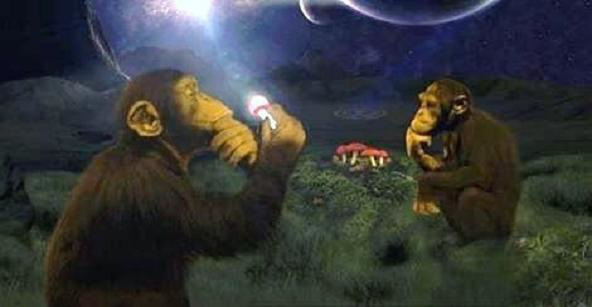Sapiens: A Brief History of Humankind
The
history of humankind from the evolution of archaic human species in
the Stone Age up to the twenty-first
century, focusing on Homo sapiens. We divide the history
of Sapiens into four major parts
1.
The Cognitive Revolution (c. 70,000 BC,
when Sapiens evolved imagination).
2.
The Agricultural
Revolution (c. 10,000 BC, the development of agriculture).
3.
The unification of humankind (the gradual
consolidation of human political organisations towards one global empire).
4.
The Scientific
Revolution (c. 1500 AD, the emergence of objective science).
Harari's
main argument is that Sapiens came to dominate the world because it is the only
animal that can cooperate flexibly
in large numbers. He argues that prehistoric Sapiens were a key cause of the
extinction of other human species such as the Neanderthals, along with numerous
other megafauna. He further argues that the
ability of Sapiens to cooperate in large numbers arises from its unique
capacity to believe in things existing purely in the imagination, such as gods, nations, money, and human rights. Harari claims that all
large-scale human cooperation systems – including religions, political
structures, trade networks,
and legal
institutions – owe their emergence to Sapiens' distinctive
cognitive capacity for fiction. Accordingly,
Harari regards money as a system of mutual trust and sees political and economic systems as more or less
identical with religions.
Harari's
key claim regarding the Agricultural Revolution is that while it promoted
population growth for Sapiens and co-evolving species like wheat and cows, it
made the lives of most individuals (and animals) worse than they had been when
Sapiens were mostly hunter-gatherers, since their diet and daily lives became
significantly less varied. Humans' violent treatment of other animals is indeed
a theme that runs throughout the book.
In
discussing the unification of humankind, Harari argues that over its history,
the trend for Sapiens has increasingly been towards political and economic
interdependence. For centuries, the majority of humans have lived in empires,
and capitalist globalization is
effectively producing one, global empire. Harari argues that money, empires,
and universal
religions are the principal drivers of this process.
Harari
sees the Scientific Revolution as founded on innovation in European thought,
whereby elites became willing to admit to, and hence to try to remedy,
their ignorance. He sees this as one driver of
early modern European imperialism and of the current convergence of human
cultures. Harari also emphasises the lack of research into the history of happiness, positing that people today are
not significantly happier than in past eras. He concludes by considering
how modern technology may soon end the species as we know it, as it ushers
in genetic
engineering, immortality,
and non-organic life.
Humans have, in Harari's chosen metaphor, become gods: they can create species.












Comments
Post a Comment